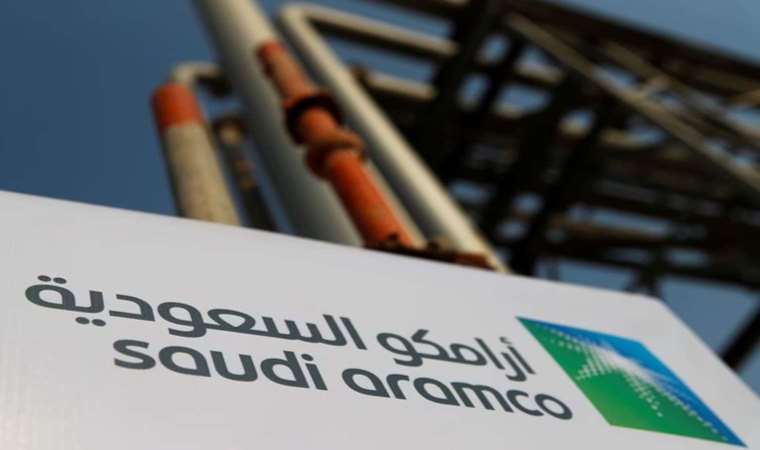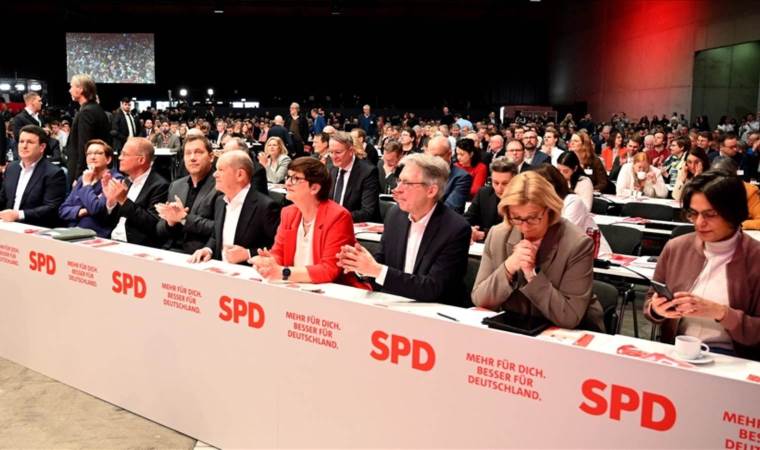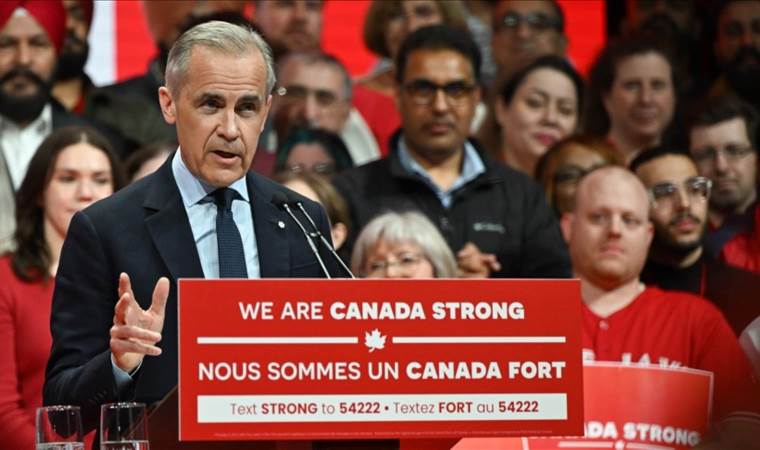Oil prices rise on demand growth forecasts
Oil prices gained ground on Friday amid optimistic demand forecasts from the OPEC producer group and the International Energy Agency (IEA).

Brent crude was up 49 cents, or 0.6%, at $86.89 a barrel at 1118 GMT while U.S. West Texas Intermediate (WTI) crude futures were up 49 cents, or 0.6%, at $83.31.
Both benchmarks have been on a sustained rally since June, with WTI trading on Thursday at its highest this year and Brent hitting its highest since late January.
The IEA on Friday warned that global inventories could fall sharply over the rest of 2023, potentially driving prices even higher, though the agency expects demand growth to slow to 1 million barrels per day (bpd) in 2024, down 150,000 bpd from its previous forecast.
The Organization of the Petroleum Exporting Countries (OPEC) on Thursday said it expects global oil demand to rise by 2.25 million bpd in 2024, compared with growth of 2.44 million bpd this year. Both forecasts were unchanged from last month.
In 2024 "solid" economic growth amid continued improvements in China is expected to boost oil consumption, it added.
"Demand is reassuringly upbeat," PVM oil analyst Tamas Varga said. "These cheerful projections suggest that OPEC is sanguine on global economic prospects."
Market sentiment was also lifted by Thursday's U.S. consumer prices data for July, which fuelled speculation that the Federal Reserve is nearing the end of its aggressive rate hike cycle.
On the supply side, prices have been supported by extensions to output cuts by Saudi Arabia and Russia alongside supply fears driven by the potential for conflict between Russia and Ukraine to disrupt Russian oil shipments in the Black Sea region.
Mixed economic data from China weighed on sentiment, however.
While customs data showed crude imports up year on year, China's overall exports plunged 14.5% in July, with monthly crude imports retreating from June's near-record highs to their lowest level since January.
Data this week also showed China's consumer prices fell into deflation and factory gate prices extended declines in July, raising concerns about fuel demand in the world's second-largest economy.
Most Read News
-
 No Future Without Industry: A Call for Production-Orient
No Future Without Industry: A Call for Production-Orient
-
 Israel’s Ben-Gvir ends US visit amid pro-Palestine prote
Israel’s Ben-Gvir ends US visit amid pro-Palestine prote
-
 Japan seeks collaboration to advance nuclear disarmament
Japan seeks collaboration to advance nuclear disarmament
-
 Major fire erupts at electrical substation in West Londo
Major fire erupts at electrical substation in West Londo
-
 Ukraine appoints new deputy defense ministers amid ongoi
Ukraine appoints new deputy defense ministers amid ongoi
-
 Malaysia urges all parties in Myanmar to continue ceasef
Malaysia urges all parties in Myanmar to continue ceasef
-
 German Social Democrats conclude key vote on coalition d
German Social Democrats conclude key vote on coalition d
-
 Canada's Liberal Party wins federal elections by over 43
Canada's Liberal Party wins federal elections by over 43
-
 At least 41 civilians killed, scores injured in RSF shel
At least 41 civilians killed, scores injured in RSF shel
-
 Israeli army arrests 22 Palestinians, demolishes 4 homes
Israeli army arrests 22 Palestinians, demolishes 4 homes












